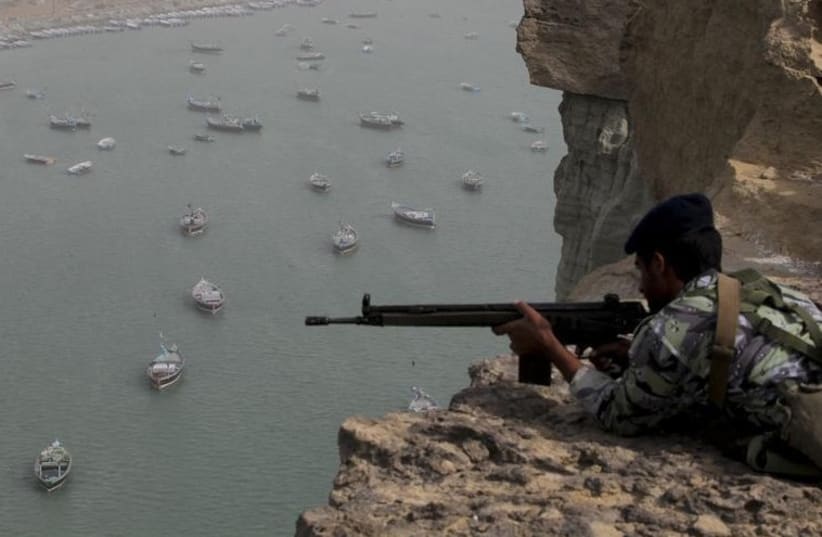Iran deal to see Middle East conflicts go on steroids
Middle East expert to ‘Post’: Deal will mean more regional wars which will lead to more radicalism, more sectarianism, and more terrorism; another says Iran has become a sort of regional superpower.
